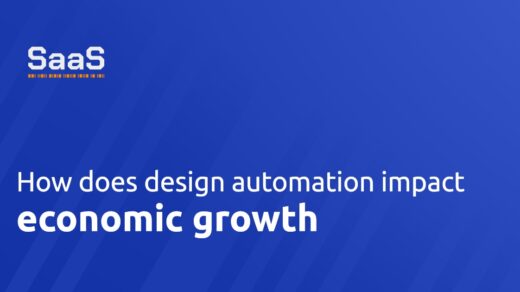In the dynamic landscape of sales and customer interaction, chatbots have swiftly risen to prominence as indispensable tools within sales automation strategies. These AI-driven virtual assistants are revolutionizing how businesses engage with potential customers, driving conversions and enhancing overall user experience. This blog post takes a closer look at the multifaceted role that chatbots play in the realm of sales automation.
What Are Chatbots and How Do They Work?
Chatbots are AI programs designed to simulate human-like conversations through text or voice interfaces. They utilise natural language processing (NLP) algorithms to interpret user inputs and generate relevant responses. This capability enables them to comprehend a wide range of queries, from straightforward requests for information to more complex interactions requiring context and nuance.
Powered by machine learning and data analysis, chatbots continually improve their responses over time. They learn from each interaction, adapting to user preferences and refining their understanding of language intricacies. This iterative learning process ensures that chatbots become more effective and accurate in addressing user inquiries.
How Can Chatbots Enhance the Sales Process?
The impact of chatbots on the sales process is transformative. One of their primary contributions is real-time engagement. In an era where instant gratification is paramount, chatbots provide immediate responses to customer queries, ensuring that leads don’t lose interest due to delays.
Moreover, chatbots excel in lead qualification. By engaging users in guided conversations, they can extract valuable information about a lead’s pain points, preferences, and needs. This data becomes a goldmine for the sales team, enabling them to tailor their approach and offer personalized solutions that resonate with potential customers.
What Role Do Chatbots Play in Customer Engagement?
Customer engagement lies at the heart of successful sales, and chatbots are emerging as pivotal players in this arena. They proactively initiate conversations with visitors on websites, addressing concerns, providing recommendations, and guiding users toward suitable products or services. This proactive approach not only enhances user experience but also maximises the likelihood of converting visitors into paying customers.
Furthermore, chatbots can foster lead nurturing through automated follow-up sequences. By sending timely and relevant content, reminders, and offers, chatbots keep potential customers engaged and informed as they progress along the buyer’s journey.
Can Chatbots Replace Human Sales Representatives?
While chatbots offer unparalleled efficiency and speed, they cannot entirely replace the human touch provided by sales representatives. Rather, they complement the human sales force by handling routine tasks and inquiries. This division of labour allows human representatives to focus on more complex, relationship-driven interactions that require empathy, negotiation skills, and a deep understanding of customer emotions.
However, chatbots substantially enhance the efficiency of the sales process. They handle repetitive tasks such as answering frequently asked questions, appointment scheduling, and data collection. This delegation frees up human representatives to concentrate on strategic selling, building rapport, and closing deals.
What Are the Future Prospects of Chatbots in Sales Automation?
The future of chatbots within sales automation is exceptionally promising. As artificial intelligence and NLP technologies evolve, chatbots will become more adept at understanding context and providing nuanced responses. This means they can tackle increasingly intricate interactions, effectively bridging the gap between human-like conversations and automated efficiency.
Furthermore, chatbots will continue evolving into personalized assistants. Through advanced data analysis and machine learning, they will anticipate customer needs, offer tailored product recommendations, and deliver a seamless, intuitive shopping experience. This level of personalization is expected to contribute significantly to customer satisfaction and loyalty.
In conclusion, chatbots are spearheading the transformation of sales automation. Their instantaneous engagement, lead qualification prowess, customer engagement enhancements, and collaboration with human representatives make them integral components of modern sales strategies. As technology advances, chatbots are poised to assume an even more central role in shaping the future of sales automation.







